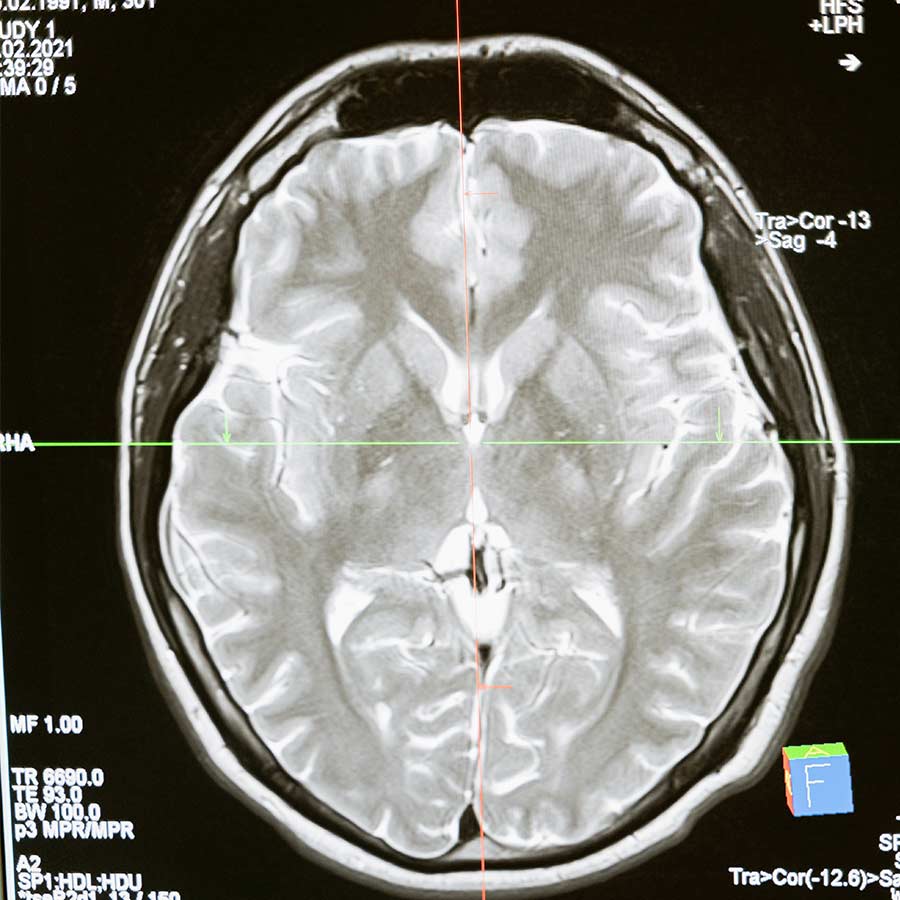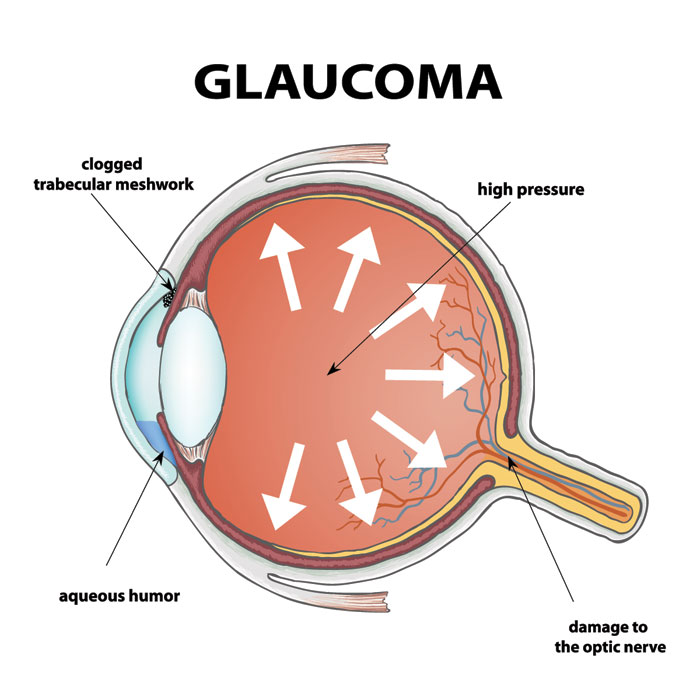Is Glaucoma a Brain Disease? Unfolding the Complexities of This Eye Condition
Introduction
Glaucoma is commonly recognized as an eye condition, but recent research suggests its impact extends beyond the eyes. Scientists are now exploring whether glaucoma should also be considered a brain disease, given its neurological connections. Understanding this link can change how we approach diagnosis and treatment.
Glaucoma as a Neurodegenerative Disease
The eye and brain are interconnected through the optic nerve. When glaucoma damages this nerve, it disrupts the pathway between the eyes and the brain. Research shows similarities between glaucoma and neurodegenerative diseases like Alzheimer’s and Parkinson’s. Both involve progressive nerve cell damage, and in glaucoma, retinal ganglion cells and their axons deteriorate in a similar pattern.
The Brain-Glaucoma Connection
Emerging studies indicate that glaucoma may cause structural and functional changes in the brain. These changes occur because the optic nerve is part of the central nervous system. The shared characteristics between glaucoma and brain disorders highlight the need for a more comprehensive understanding of how eye health influences neurological health.
The Progression of Glaucoma and Its Impact on the Brain
Glaucoma’s progression leads to optic nerve damage and vision loss, which is irreversible if untreated. The relationship with brain health raises important questions: Can the brain adapt to vision loss? Is the damage permanent? Current evidence suggests the brain undergoes changes as glaucoma advances, reinforcing the importance of early detection and intervention.
Glaucoma Treatment and Brain Health
Timely glaucoma treatment doesn’t just protect vision; it may also benefit brain health. Lowering intraocular pressure and preserving optic nerve function can prevent further neurological complications. Continued research aims to explore whether treatments targeting both eye and brain health can improve outcomes for patients.
Conclusion
While traditionally considered an eye disease, glaucoma shows characteristics that align it with neurodegenerative conditions. Its impact on the optic nerve and potential influence on brain structure suggests a broader classification. Regular eye examinations and early detection remain essential for protecting vision and possibly preserving brain health. Understanding this connection could lead to more effective treatments and improved quality of life for those living with glaucoma.




